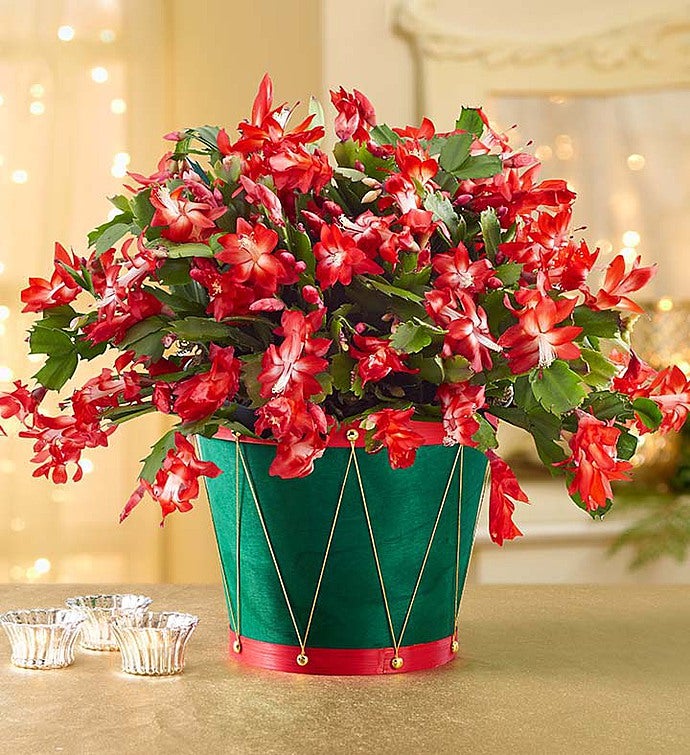Ties That Bind: 4 reasons why autism service dogs are awesome!
Blog shared from Autism Speaks, Ties that Bind Blog,
This is a post by Maple Cabot, an entrepreneur and creator of InspirationSpark, the web's "inspiration hub." She is also aunt to Jack D, who inspired this article. Have a story you want to share? Email us your blog submission at AutismSpeaksBlog@gmail.com!
My nephew, Jack, is on the autism spectrum. He is a truly wonderful kid, and I’m so lucky that he is a part of my life. He has struggled in many of the same ways other children on the autism spectrum struggle. He has difficulty making friends, communicating his thoughts and feelings, and controlling his behavior.
My sister and her husband have tried numerous types of therapy to help him better acclimate to the world, all with varying degrees of success. But recently they tried something that made an incredible impact on Jack’s life. They got an autism service dog. Honestly, I couldn’t believe the incredibly positive results. It’s almost as if having the dog by his side has completely changed how Jack experiences the world around him.
If you’re a parent considering getting a service dog for your child, here is a quick rundown of the benefits you’ll see.
1) They help manage sensory overload.
 Facebook: Service Dogs for Autism
Facebook: Service Dogs for Autism
My nephew is extremely sensitive to loud noises and crowded places. Even a trip to the grocery store, if it is particularly busy, can be too much for him. He goes into flight mode and in the past has tried to runaway from his parents, in an effort to get out of the overwhelming situation. But as this guide on autism service dogs notes they can be a great help when a person on the autism spectrum experiences a sensory overload. And I can say from experience how amazing they are. My nephew goes everywhere with his service dog, and it’s amazing how the dog can help keep him calm.
2) They reduce stress.
What I’ve learned from my nephew is just how much stress and anxiety people on the autism spectrum feel every day. In addition to sensory issues, they can also become stressed and anxious in social situations. LiveScience.com cites a study that found that kids with ASD “experienced a decrease in levels of the stress hormone cortisol after a service dog was introduced into the family.”
3) They help keep children with ASD safe.
As I mentioned before, my nephew used to a have tendency to bolt whenever he experienced sensory overload. And as parents of children on the autism spectrum know, wandering is a constant concern. However, Pedigree.com notes that service dogs can offer parents some relief and help keep their child safe. It explains that the dogs are actually trained to prevent wandering. If a child does try to go, the dog will intervene by “circling them and barking to alert family members.”
4) They're a great four-legged companion.
 Facebook: Autism Dog Services
Facebook: Autism Dog Services
While my nephew’s service dog has helped in many functional ways, I think the biggest benefit the dog has provided is being a friend to him. My nephew has always had difficulty making friends. He has just never had the companionship that other kids experience. So, watching him with his service dog has been truly remarkable. ExpertBeacon.com confirms that this is a common occurrence between children on the autism spectrum and their service dogs. It notes that the dogs often become a source of comfort and great companions for the children they’re assisting.
Jack and his dog are inseparable. And while the dog certainly looks after Jack, it has been a pleasure seeing how invested Jack has become in caring for his dog. The two are best friends, and there’s no denying that Jack’s service dog has changed his life for the better.
Maple C is on a journey, just like you. Her source of inspiration is helping others achieve goals they never thought possible. She has owned and operated several businesses throughout her career, including a doggie daycare and a fair-trade clothing shop. Finally, she realized her true calling wasn’t to help people with the elements in their lives (as lovely and loving as dogs and dresses can be), but her passion is for building others’ lives. Today, she’s working to develop InspirationSpark into the web’s “inspiration hub.” She gets her own sparks of inspiration from sunset yoga, paddleboarding, and spending time with her husband and children.


